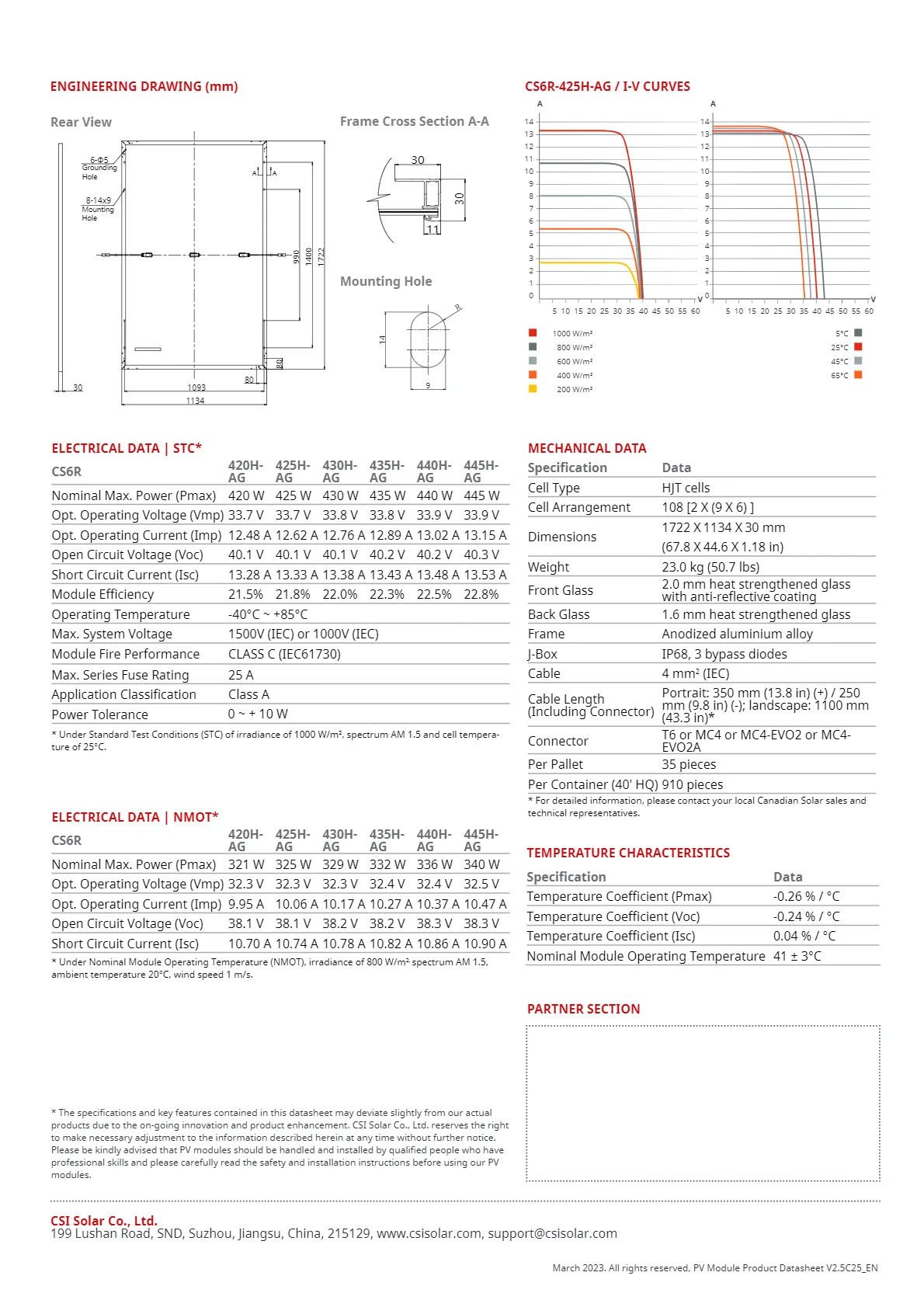three phase hybrid inverter
The Emergence of Three-Phase Hybrid Inverters A Comprehensive Overview
In today's rapidly evolving energy landscape, the demand for efficient, flexible, and sustainable energy solutions is at an all-time high. One critical technology that has surfaced to meet these needs is the three-phase hybrid inverter. This innovative device serves as a linchpin in integrating renewable energy systems, particularly for residential, commercial, and industrial applications, enabling seamless energy management and conversion.
Understanding Hybrid Inverters
At its core, a hybrid inverter is a sophisticated device that combines functionalities of both grid-tied and off-grid inverters. This dual role allows hybrid inverters to work with renewable energy sources, such as solar panels and wind turbines, while also providing electricity from the grid when necessary. The three-phase aspect refers to its capability to manage three phases of electrical power, which is essential for balancing loads in larger systems and providing more stable energy output.
Benefits of Three-Phase Hybrid Inverters
1. Increased Efficiency Three-phase hybrid inverters can better manage power loads, resulting in improved efficiency. With their ability to distribute power evenly across all three phases, they help minimize losses associated with electrical transmission.
2. Enhanced Load Balancing In commercial and industrial settings, equipment often requires three-phase power. A three-phase hybrid inverter ensures that each phase maintains a balanced load, reducing potential issues like voltage imbalances and overheating.
three phase hybrid inverter

3. Seamless Integration These inverters can seamlessly switch between using solar energy, stored battery energy, and grid power. In instances where sunlight is insufficient, the inverter will efficiently draw from the battery or grid, ensuring an uninterrupted power supply.
4. Energy Independence By incorporating battery storage capabilities, three-phase hybrid inverters allow users to harness energy produced during the day for use at night or during peak demand periods. This adds a layer of energy independence and can reduce reliance on the grid, potentially lowering electricity costs.
5. Smart Energy Management Many modern three-phase hybrid inverters come equipped with smart technology, offering users real-time monitoring and management of their energy systems through mobile apps or web interfaces. Users can track energy production, consumption, and storage, allowing for informed decisions regarding energy use.
The Role in Renewable Energy Transition
As the world shifts towards renewable energy sources to combat climate change and reduce carbon footprints, three-phase hybrid inverters play a crucial role. They enable the efficient utilization of solar and wind energy while promoting energy storage solutions, facilitating a significant transition to cleaner energy systems.
Conclusion
In conclusion, the rise of three-phase hybrid inverters marks a significant milestone in the landscape of energy solutions. Their versatility, efficiency, and ability to provide energy independence make them an indispensable component of modern energy systems. As technology continues to advance, we can anticipate even greater innovations in hybrid inverter designs, further propelling the shift towards sustainable energy. With their implementation, businesses and homeowners alike can contribute to a greener future while optimizing their energy consumption.
-
Unlocking Energy Freedom with the Off Grid Solar InverterNewsJun.06,2025
-
Unlock More Solar Power with a High-Efficiency Bifacial Solar PanelNewsJun.06,2025
-
Power Your Future with High-Efficiency Monocrystalline Solar PanelsNewsJun.06,2025
-
Next-Gen Solar Power Starts with Micro Solar InvertersNewsJun.06,2025
-
Harnessing Peak Efficiency with the On Grid Solar InverterNewsJun.06,2025
-
Discover Unmatched Efficiency with the Latest String Solar InverterNewsJun.06,2025







